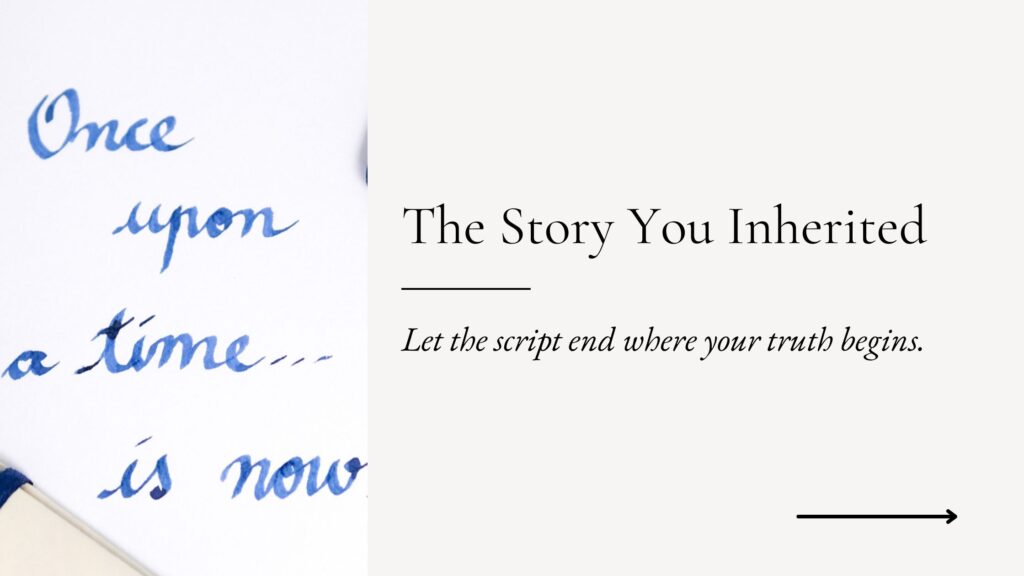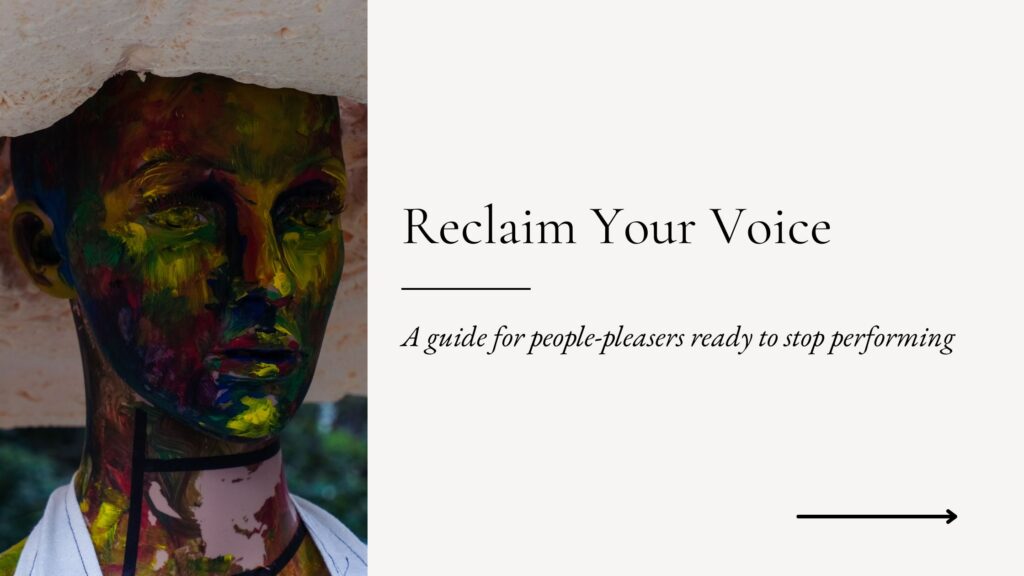Mask On: The Hidden Cost of Being “The Easy One”
People-pleasing isn’t just a solo performance. It’s relational — and the effects run deep. If you’ve ever wondered how people-pleasing affects relationships, the answer begins with this: every masked smile, every swallowed need, shapes the people around you — and the expectations they form.
At first, they might love it.
You’re the agreeable one. The dependable one. The person who never causes trouble, always says yes, always makes it work.
When Pleasing Others Means Losing Yourself
But here’s the problem: they’re not loving you. They’re loving the curated version of you. The one carefully sculpted for harmony, approval, peacekeeping. And one day, when the mask begins to crack — when you finally say “no,” or admit you’ve been drinking oat milk lattes you hate for five years — it feels like betrayal.
Not because you did anything wrong.
But because the version of you they relied on was never real.
(If you’re navigating this unraveling, you might find comfort in this guide to people-pleasing recovery — it walks through what to expect when you start saying no.)

The Fallout: How People-Pleasing Affects Relationships
This is where the fallout begins.
If you’re starting to see the cracks, you may also be seeing how people-pleasing affects relationships — not just yours with others, but your relationship with yourself.
- Friends or partners may accuse you of “changing.”
- Family members might push back harder when you try to set boundaries.
- Colleagues who’ve grown accustomed to you taking on the extra work might act offended when you suddenly don’t.
And while they might be reacting to discomfort, you are sitting with the heartbreak of realizing the connection wasn’t authentic to begin with. You were performing. And they were applauding a role, not relating to a person.
Grieving the Masked Life
It’s not uncommon for recovering people-pleasers to feel like strangers in their own lives. To look around and ask:
“Did I choose this…
or did I just never say no?”
This is where grief can show up. Grief for the time lost. Grief for relationships that won’t survive the unmasking. Grief for a self you didn’t protect.
The Beginning of Truth
But this is also where healing begins. In the choice to tell the truth — gently, firmly, one boundary at a time.
And when you do, something surprising happens: real intimacy becomes possible. The kind that doesn’t require masks or performance. The kind where you’re liked not for being easy, but for being you.
That’s the kind of connection worth unmasking for.
Ready to reclaim your story from the scripts you never chose?
If you’re standing at the edge of unmasking — unsure how to begin, or grieving what’s been lost — you don’t have to do it alone.
Explore narrative-based coaching for recovering people-pleasers and quiet truth-tellers.
Together, we untangle the roles you never meant to play… and help you step into the story that’s truly yours.


